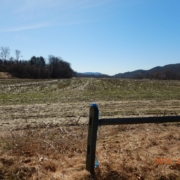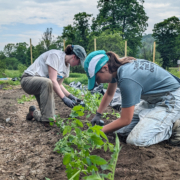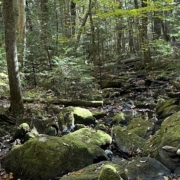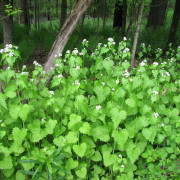Trying Times: Conservation Easements and Federal Tax Law 2022
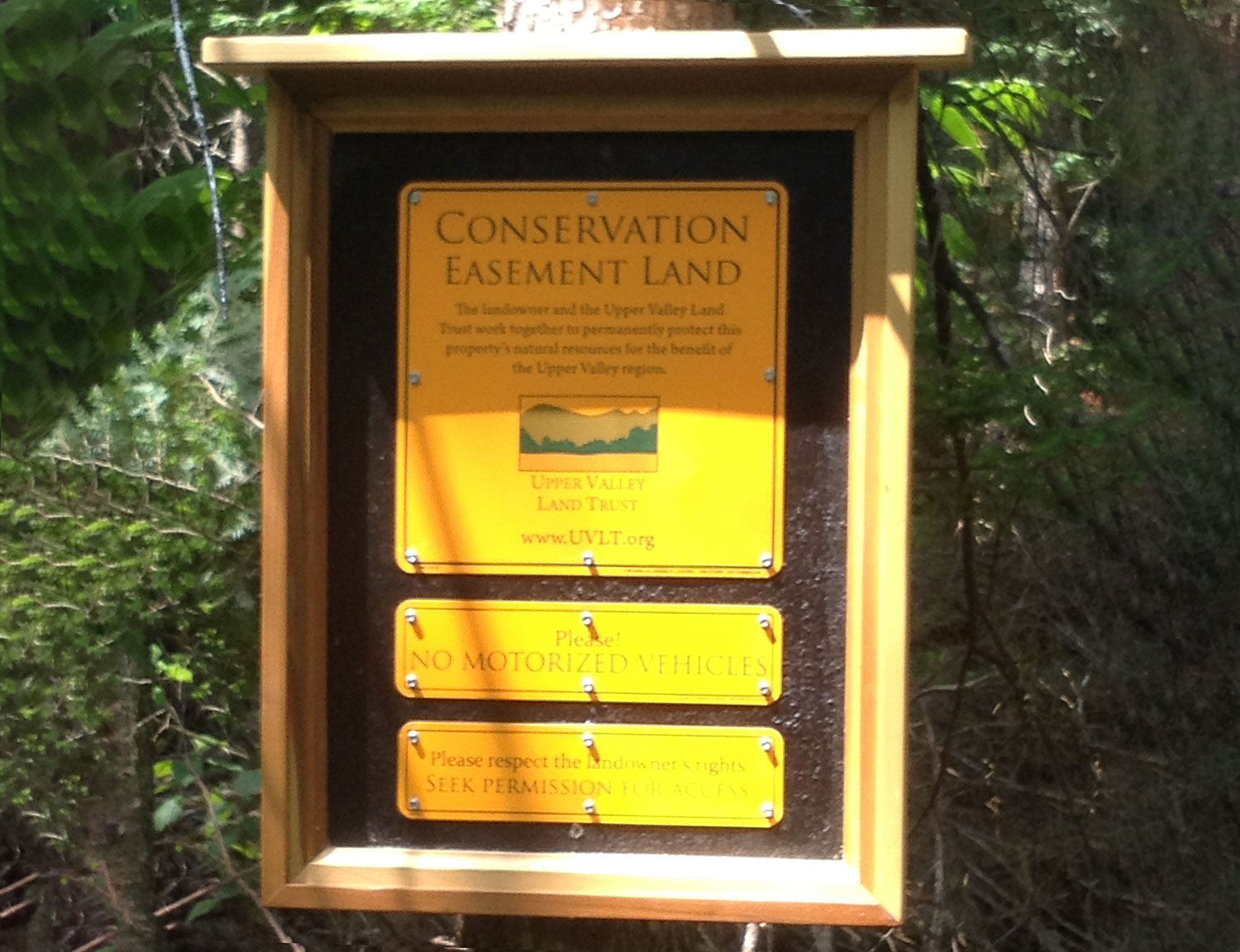
Last month, UVLT’s Jeanie McIntyre was one of six panelists leading a national program to inform land trusts, landowners and their advisors about legal developments related to charitable gifts and conservation easements. Trying Times, a day-long webinar offered by the S.J. Quinney College of Law, provided a roundup and analysis of recent decisions by the Internal Revenue Service, the tax courts, and federal circuit courts. Joined by other regional and national experts on the panel, the program was received by over 400 participants who signed on from all over the country.
Many of the recent developments concern appraising conservation easements and a substantial part of the program focused on the appraisal requirements for donors seeking a tax deduction for a donated conservation easement. Claims for conservation easement gifts now total over $6.5 billion annually, and represent the fastest growing segment of non cash deductions. In some parts of the country, investors have colluded with appraisers and land trusts to inflate the values and syndicate conservation easements as tax shelters. The IRS has recently hired 200 more appraisers who are trained in easement valuation and the tax code requirements for claiming gifts.
What does this have to do with landowners in New Hampshire and Vermont? The bottomline, says McIntyre, is that the IRS has increasing ability to efficiently review tax documents for compliance with basic requirements and may disallow a claimed deduction or contest a valuation if the paperwork has not been completed properly. “The people we work with are motivated by long-term concern for the stewardship of their land,” she says. “Though they are entitled to have their charitable acts recognized just like people who give money or other non cash contributions, the heightened concerns and increased expertise of the IRS could lead to a denial due to mistakes or lack of familiarity on the part of appraisers, attorneys and tax preparers.”
Though many land trusts have extensive knowledge of the tax rules and requirements, they cannot provide specific legal and financial advice to landowners nor prepare tax return documents on their behalf. Instead, says McIntyre “It is critical that we provide educational opportunities and support to the advisors who work on behalf of landowners and are accountable for the preparation of these documents. Every landowner’s situation is unique and they must be able to rely on well-informed, competent advisors. We need to help create an environment where that occurs.”
The Trying Times webinar recording will be available through October 31. To register and purchase access to the webinar recording click here.

